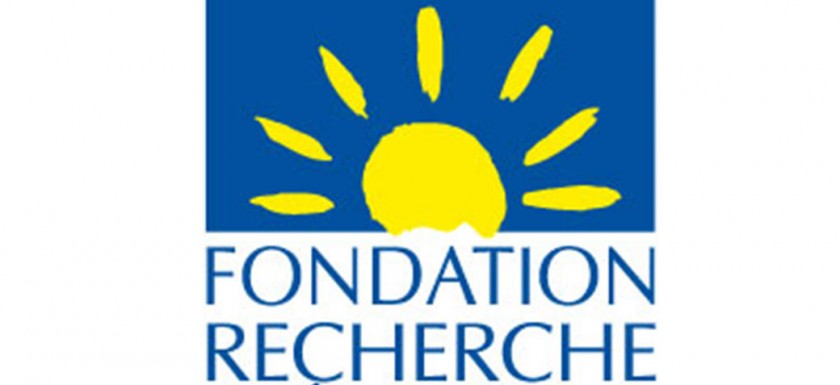

We got 3 year financial support from the French Medical Research Foundation “La FRM”. The help of the FRM is greatly acknowledged and will help use to expand significantly our research in the field of developmental nephropathies and contribute to the improved clinical management of children with such diseases.
Here is the abstract of the project:
CAKUT (congenital anomalies of the kidney and the urinary tract) are the leading cause of end stage renal disease in children. Clinical management of CAKUT is severely hampered by the lack of tools to predict and manage its progression towards kidney failure and its complications. Here we propose to perform integrative multiomics analyses using samples from >1000 CAKUT patients to capture the interplay between multiple genetic and environmental factors causing the disease. By applying such innovative approaches we aim i) to improve on the genetic counselling in CAKUT, ii) identify body-fluid biomarkers associated to the progression of CAKUT and its complications, iii) develop easy-to-use tools (aptasensors) in the clinic and iv) develop new therapeutic strategies that will be validated in-vivo in appropriate animal models and ex-vivo in kidney organoids. Such novel approaches will significantly improve the clinical management of children with CAKUT.
and in French:
Dans le monde les malformations rénales et du tractus urinaire (en anglais : « CAKUT ») sont la première cause de maladie rénale chez l’enfant. La prise en charge clinique d’une CAKUT reste un défi important tant au niveau de leur traitement que de leur pronostic rénal. Dans ce projet nous proposons d’utiliser des outils modernes, basés sur la connaissance moléculaire de la pathologie, pour améliorer la prise en charge d’une CAKUT. Pour cela nous étudierons les différents marqueurs moléculaires des CAKUTs. Puis en utilisant l’analyse bio-informatique de ces marqueurs: i) nous identifierons les marqueurs pronostiques du devenir rénal des patients porteurs d’une CAKUT, pouvant être directement utilisés en clinique et ii) nous développerons de nouvelles thérapies qui seront validées sur des modèles expérimentaux de pointe. L’ensemble de ces résultats devrait apporter une amélioration significative de la prise en charge des enfants porteurs d’une CAKUT.
